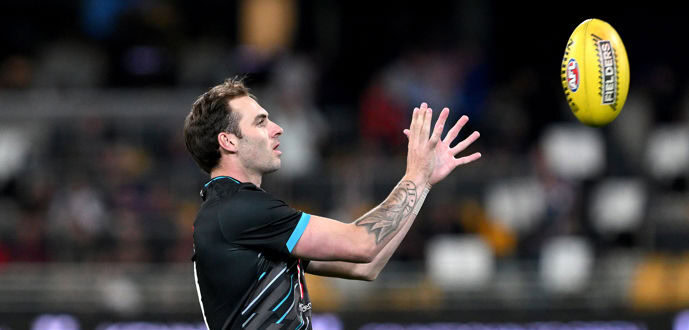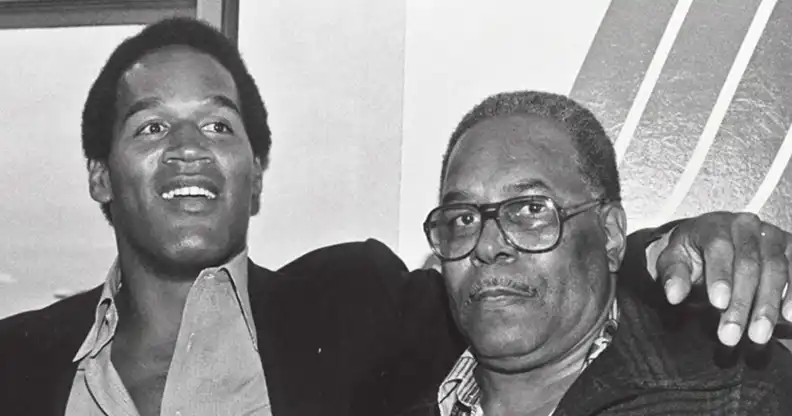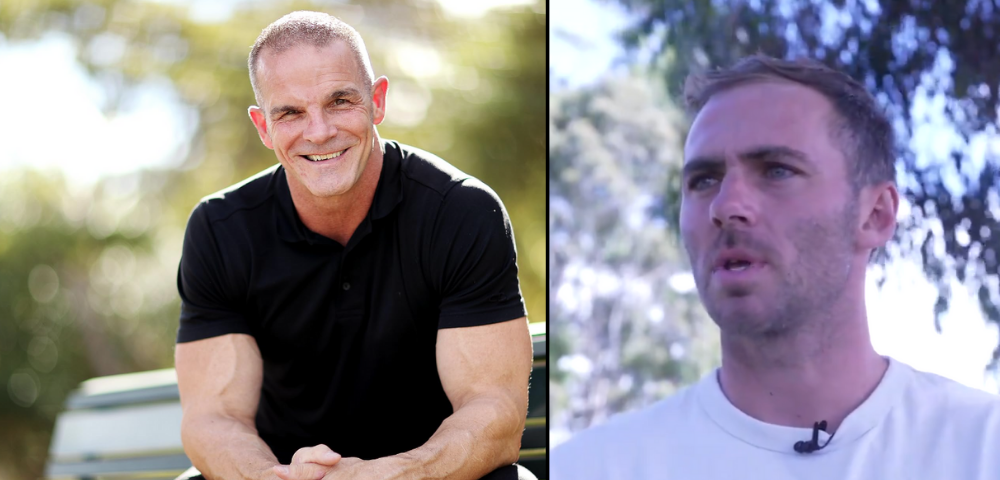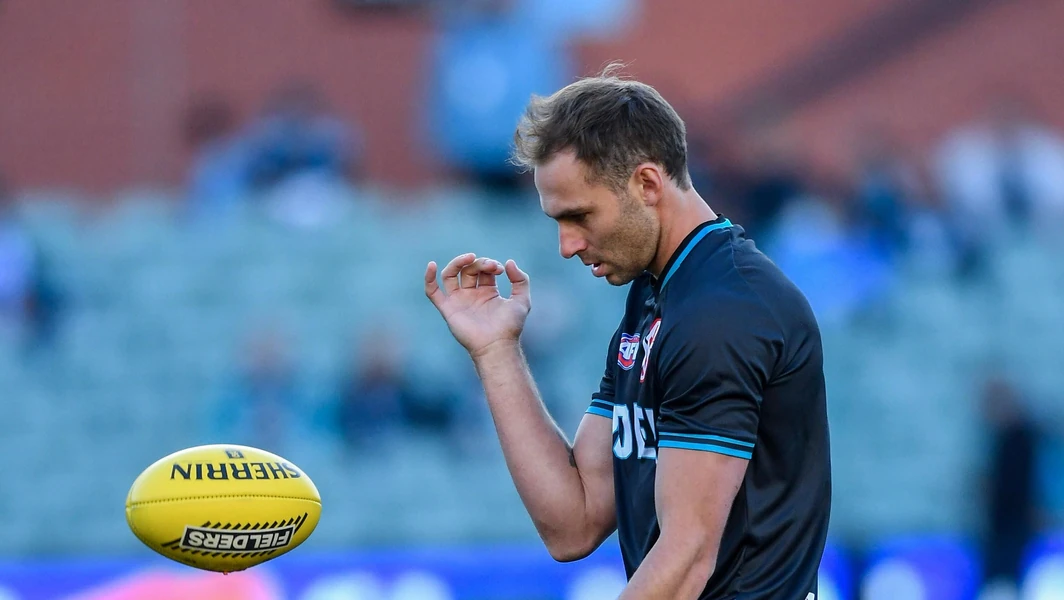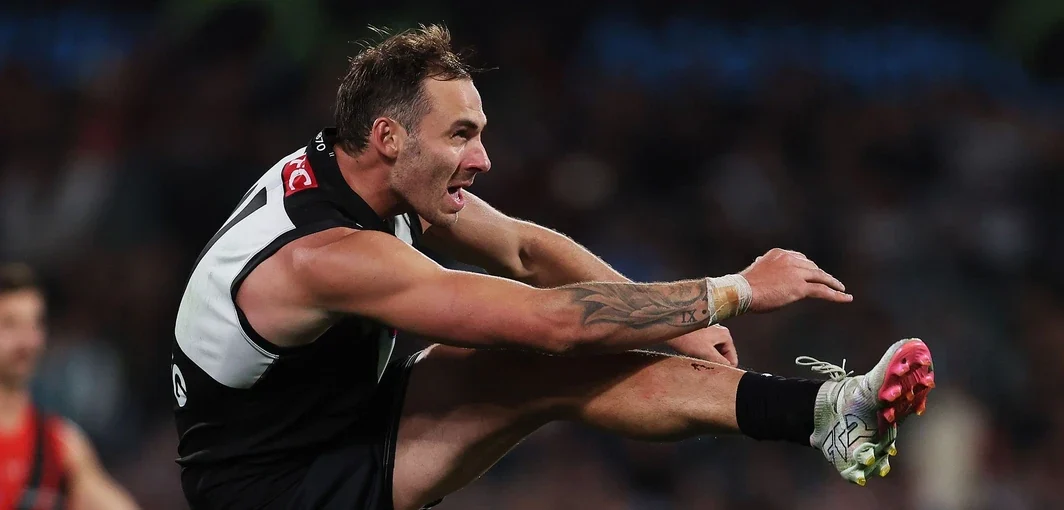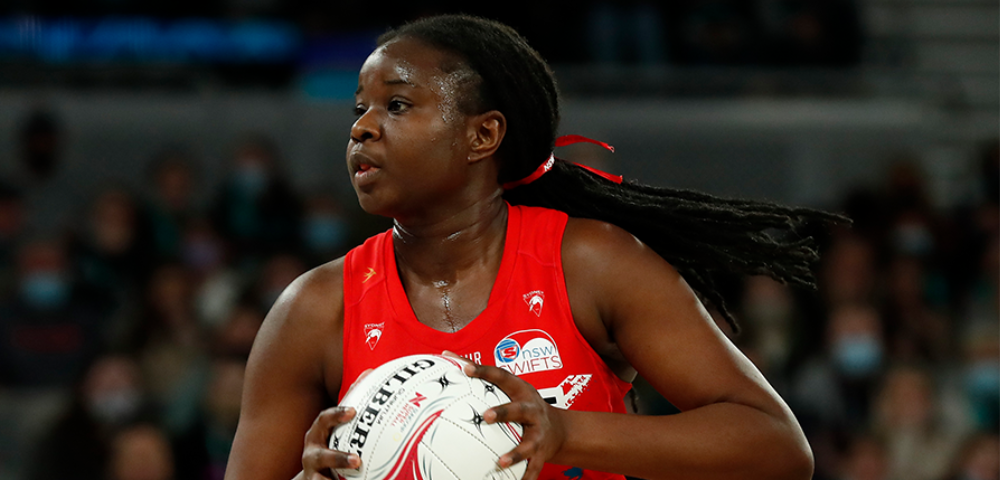
Lead on
Many of us fail to recognise good leaders, whether they are in our workplaces, homes and families, volunteer organisations or sports clubs.
No two leaders are alike, and different styles may achieve the same outcomes with different teams. This leads us to question whether or not it is the leader or the team that is most important in achieving the successes or mutually beneficial outcomes for society.
Those who work in leadership roles in the workplace are often frustrated by the performance of team members who fail to see the common good for which they are striving, or the long-term outcomes of a given project.
Those who work in teams where leadership is required in voluntary organisations understand the frustration of many agendas which require them to modify plans, incorporate ideas and provide mutually beneficial outcomes.
When there is a change in leadership, we suddenly take time to evaluate and assess the impact of a person on our lives or the organisation in which we function. Why didn’t we notice every small gesture, kind word, critical review or creative approach to a problem in the organisation? Often we’re critical when we should be giving time and thought to what it feels like from the leader’s point of view.
A simple way to assess this is to ask ourselves why we don’t take a leadership role. Voluntary committees and boards of management exist within a community, including within our sports clubs — dozens of people assume the legal and financial responsibility for their organisations. They develop policies and procedures to ensure that the needs of the membership are always placed ahead of their own. This leaves leaders in a quandary.
Many leaders are in leadership roles because they excel in management, are great coaches, on-field captains or players who understand tactics and the game, or are higher level sportspeople amongst their peers.
Gay sports clubs seesaw between the needs of beginners, ageing players who wish to remain involved, rising stars, and elite players. The juggling act which must be played by leadership on a daily, weekly, monthly and annual basis creates its own unique leadership style.
For those of us who love to play sport, let’s not forget our leadership, let’s not forget to endorse their policies sometimes even when we disagree with them personally and let’s consider that their voluntary time is given to ensure the development and growth of a sport in the gay and lesbian community.
Great examples of such clubs can be found at…
Team Adelaide: www.teamadelaide.org.au
Team Brisbane: http://qgroups.com.au/community/team-brisbane
Team Sydney: www.teamsydney.org.au
QSAM (Team Melbourne): www.queersportsmelbourne.org




